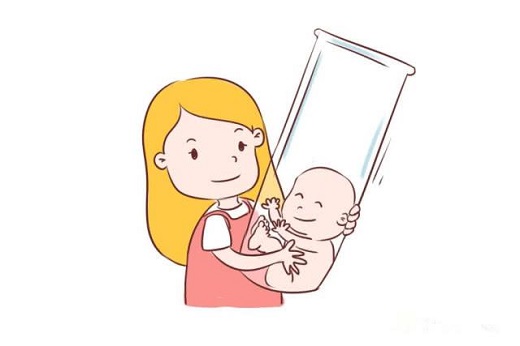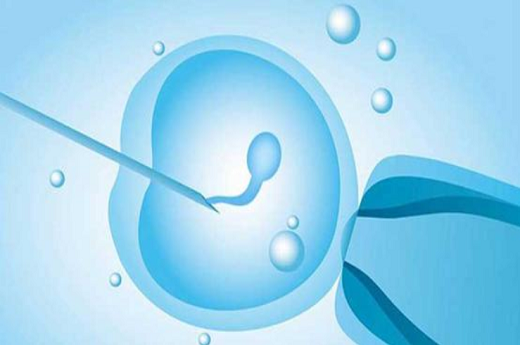Analysis of Success and Failure Rates of IVF—Factors and Influences
In this article, we will analyze the success and failure rates of in vitro fertilization (IVF) and the factors that influence these rates. First, we will provide a brief overview of the topic and then delve into six key aspects of IVF success and failure rates. We will explore the impact of age, lifestyle factors, underlying health conditions, the quality of the fertility clinic, the number of embryos transferred, and the emotional and psychological factors on IVF outcomes. Finally, we will summarize and draw conclusions based on the analysis.
The Impact of Age
Age is one of the most significant factors influencing the success or failure of IVF. As women age, the quality and quantity of their eggs decrease, making it more challenging to achieve a successful pregnancy through IVF. This is particularly true for women over the age of 35, and the success rates decline even further for women over 40. Additionally, advanced maternal age is associated with an increased risk of miscarriage and chromosomal abnormalities in embryos.

年龄的影响
年龄是影响试管婴儿成功或失败的最重要因素之一。随着女性年龄的增长,她们的卵子质量和数量会减少,使得通过试管婴儿技术实现成功妊娠变得更加困难。这一点尤其适用于35岁以上的女性,对于40岁以上的女性成功率进一步下降。高龄产妇与流产和胚胎染色体异常的风险增加相关。
Lifestyle Factors
Lifestyle factors such as smoking, excessive alcohol consumption, and obesity can significantly impact the success of IVF. Smoking has been shown to reduce the chances of successful implantation and increase the risk of miscarriage. Similarly, excessive alcohol consumption can affect egg and sperm quality, while obesity is associated with hormonal imbalances that can interfere with fertility.

生活方式因素
吸烟、过量饮酒和肥胖等生活方式因素会显著影响试管婴儿的成功率。研究表明,吸烟会降低成功着床的机会,并增加流产的风险。同样,过量饮酒会影响卵子和的质量,而肥胖与激素失衡有关,可能会影响生育能力。
Underlying Health Conditions
Underlying health conditions, such as polycystic ovary syndrome (PCOS) and endometriosis, can impact the success of IVF. PCOS, characterized by hormonal imbalances and irregular menstrual cycles, can lead to difficulties in ovulation and lower egg quality. Endometriosis, a condition where tissue similar to the lining of the uterus grows outside the uterus, can cause inflammation and scarring that may interfere with the implantation of embryos.

潜在健康状况
多囊卵巢综合征(PCOS)和子宫内膜异位症等潜在健康状况可能会影响试管婴儿的成功率。PCOS以激素失衡和月经不规律为特征,可能导致排卵困难和卵子质量下降。子宫内膜异位症是一种子宫外生长类似子宫内膜的组织的疾病,可能引起炎症和瘢痕,影响胚胎的着床。
Fertility Clinic Quality
The quality of the fertility clinic and the expertise of the medical team can significantly impact the success rates of IVF. Factors such as the clinic's experience, success rates, and the use of advanced technologies and techniques can all play a role in determining the likelihood of a successful IVF outcome. It is essential for patients to thoroughly research and choose a reputable and experienced fertility clinic for their IVF treatment.
生育诊所质量
生育诊所的质量和医疗团队的专业水平可以显著影响试管婴儿的成功率。诊所的经验、成功率以及使用先进技术和技巧等因素都可能影响试管婴儿成功的可能性。患者有必要对生育诊所进行彻底的调查,并选择一家声誉良好、经验丰富的生育诊所进行试管婴儿治疗。
Number of Embryos Transferred
The number of embryos transferred during IVF can impact the success rates, but it also raises ethical considerations. Transferring multiple embryos can increase the chances of a successful pregnancy, but it also raises the risk of multiple pregnancies, which can lead to complications for both the mother and the babies. The decision on the number of embryos to transfer should be made based on individual circumstances and in consultation with the medical team.
转移的胚胎数量
在试管婴儿过程中转移的胚胎数量可能会影响成功率,但同时也引发了考虑。转移多个胚胎可以增加成功妊娠的机会,但也增加了多胎妊娠的风险,可能会给母亲和婴儿带来并发症。关于转移胚胎数量的决定应基于个体情况,并在与医疗团队协商后做出。
Emotional and Psychological Factors
Emotional and psychological factors can also impact the success of IVF. The emotional stress of infertility and the IVF process itself can have a significant impact on the outcomes. It is essential for individuals undergoing IVF to seek emotional support and counseling to cope with the challenges and uncertainties associated with the treatment.
情感和心理因素
情感和心理因素也可能影响试管婴儿的成功。不孕不育和试管婴儿过程本身的情感压力可能会对结果产生重大影响。接受试管婴儿治疗的个体有必要寻求情感支持和咨询,以应对治疗过程中的挑战和不确定性。
In conclusion, the success and failure rates of IVF are influenced by a multitude of factors, including age, lifestyle, health conditions, clinic quality, the number of embryos transferred, and emotional well-being. Understanding these factors and their impact on IVF outcomes can help individuals make informed decisions and improve their chances of a successful pregnancy through IVF. It is essential for individuals undergoing IVF to work closely with their medical team and address any potential factors that may impact the success of the treatment.





